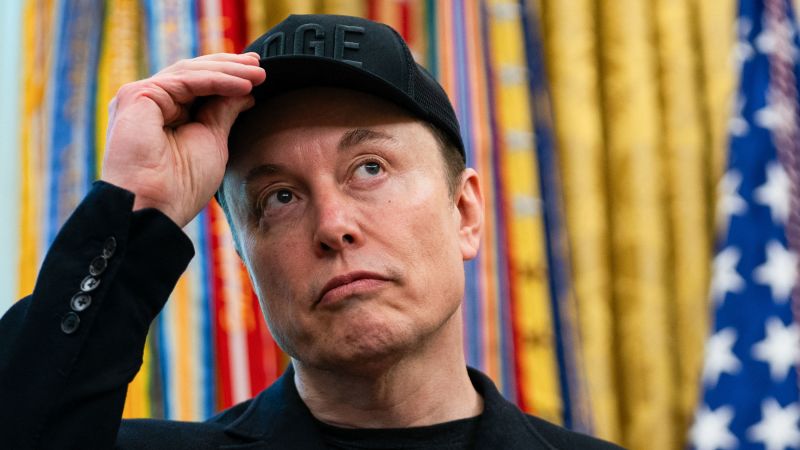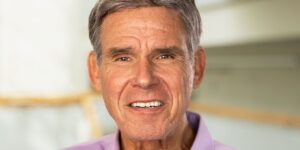
Elon Musk, the billionaire entrepreneur known for his groundbreaking ventures in technology and space exploration, is setting his sights on a new frontier: American politics. Musk has expressed his intention to establish a new political party, the “America Party,” in response to his dissatisfaction with President Donald Trump and the costly domestic policy bill currently under consideration in Congress.
Musk’s critique of the existing political landscape is sharp, labeling both Democrats and Republicans as the “uniparty” due to their roles in escalating government deficits. He envisions a fiscally conservative party aimed at curbing government spending, though details about the party’s broader platform remain sparse.
The Challenges of Building a Third Party
Despite Musk’s ambitions, experts in political science and campaign finance warn of the formidable obstacles that lie ahead. The American political system, deeply entrenched in a two-party framework, presents significant financial and legal challenges for any new party attempting to gain traction.
“Third-party movements in the US have generally arisen out of some sort of set of deep-seated grievances,” said Alan Abramowitz, a political science professor at Emory University. “It was not just some wealthy person who’s decided they wanted to start a third party.”
The complexities extend beyond ideology. Legal frameworks governed by the Federal Election Commission and state laws make it difficult for new parties to appear on ballots. Lee Goodman, an attorney and former FEC chair, explained that the current regulatory system does not allow a wealthy individual to fund a national political party as they might a business venture.
“One very wealthy individual cannot capitalize a new national political party, the way he might start a business, because of federal contribution limits,” Goodman stated.
Financial and Legal Hurdles
The financial landscape for new political parties is fraught with limitations. The McCain-Feingold Bipartisan Campaign Reform Act imposes strict donation limits, requiring a vast network of co-donors to fund a party’s activities. Bradley Smith, another former FEC chair, noted that while there are some legal avenues to explore, they are complex and difficult to navigate.
Additionally, super PACs, although capable of receiving unlimited funds, cannot coordinate directly with parties or candidates, adding another layer of complexity to Musk’s political aspirations. The logistical challenge of getting a new party on ballots across states, each with its own rules, further complicates the endeavor.
“It would take years and might require changes in laws around the country that currently favor two major political parties,” Goodman observed.
Political Dynamics and Voter Loyalty
Beyond the structural challenges, the political climate poses its own set of hurdles. Voter loyalty to established parties remains strong, particularly among Republicans who have rallied around Trump. Abramowitz highlighted the difficulty in convincing voters to support a third-party candidate, often perceived as a wasted vote.
“The biggest obstacle is just that it’s very difficult to convince people to vote for a third-party candidate because the argument is always ‘you’re wasting your vote,'” Abramowitz explained.
The reluctance extends to potential candidates. Democrats are unlikely to align with Musk’s America Party, given their general disapproval of him, while Republicans remain steadfast in their support for Trump.
Potential Influence Through Super PACs
If establishing a new political party proves too challenging, Musk could still exert considerable influence through a super PAC, which can support independent candidates and bypass some of the regulatory constraints faced by political parties.
“Independent spending, individually or via a super PAC, remains the most legal and practical mechanism for a wealthy individual to have a say in national politics,” Goodman remarked.
This development comes amid a backdrop of political maneuvering, with figures like James Fishback launching their own super PACs to counter Musk’s influence. The evolving landscape underscores the complexities of American politics, where financial power and regulatory frameworks intersect in intricate ways.
As Musk navigates these challenges, the future of the America Party remains uncertain, but his efforts could reshape discussions about the viability of third-party movements in the United States.







